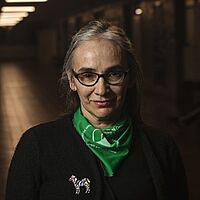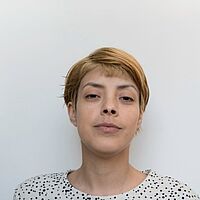A Comparative Study Of Gender Inequalities In Scientific Publishing and Its Impact on Career Building in Brazil And Argentina
This project looks at gender inequalities in scientific publishing and international collaboration and their impact on career building in Brazil and Argentina.
Despite sharing relatively similar national contexts, geographic proximity, and comparable historical and cultural experiences, these two medium-income Latin American countries have very different systems of higher education and R&D. Brazilian public universities have highly selective admissions processes and are deeply inequitable in terms of race and socio-economic background.
Public universities in Argentina are free and open to all, even if low-income students are in the minority. In order to establish a precise comparative model, this project focuses on two discrete academic populations: CONICET researchers and CNPq research fellows. These two groups represent the most productive and international academic elites in their respective countries, and total 10,619 in Argentina and 19,733 in Brazil.
The methodological design of this comparative research project will take a qualitative and quantitative approach involving: (1) a prosopography of the target populations, (2) a bibliometric study based on the complete publications of all the researchers (2013-2020), (3) a network analysis of collaborative research (2020-2020) and 4) a qualitative study using interviews, focus groups, and oral histories.
The quantitative approach will investigate differences in productivity, research collaboration, and recognition. The aim of the qualitative work is to analyze the impact of gender difference on research and the gender constraints present in research evaluation criteria required for tenure and promotion. This project will build on previous studies that have been conducted by a network of researchers in Argentina, Chile, and Brazil since 2014.









